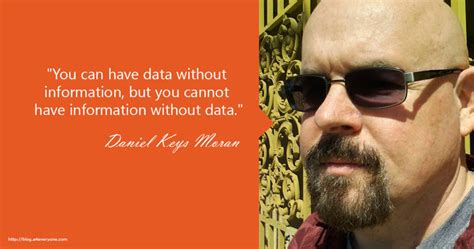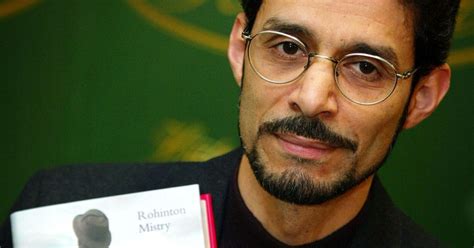A Quote by Mike DeWine
If Congress were to censure, fine or otherwise try to punish a president, it would dramatically alter the balance of power between the branches.
Related Quotes
Let me make it clear that I do not assert that a President and the Congress must on all points agree with each other at all times. Many times in history there has been complete disagreement between the two branches of the Government, and in these disagreements sometimes the Congress has won and sometimes the President has won. But during the Administration of the present President we have had neither agreement nor a clear-cut battle.
I believe that the Constitution is not hostile to the idea that national problems can be solved at the national level through the cooperative efforts of the three coequal branches of government, the Congress, the executive and courts. But not every president, not every legislator and not every judge agrees that the federal government has the power to address and to try to remedy the twin national problems of poverty and access to equal opportunity.
The balance of power is the scale of peace. The same balance would be preserved were all the world not destitute of arms, for all would be alike; but since some will not, others dare not lay them aside ... Horrid mischief would ensue were one half the world deprived of the use of them ... the weak will become prey to the strong.
We've never had our injustices rectified from the top, from the president or Congress, or the Supreme Court, no matter what we learned in junior high school about how we have three branches of government, and we have checks and balances, and what a lovely system. No. The changes, important changes that we've had in history, have not come from those three branches of government. They have reacted to social movements.


































